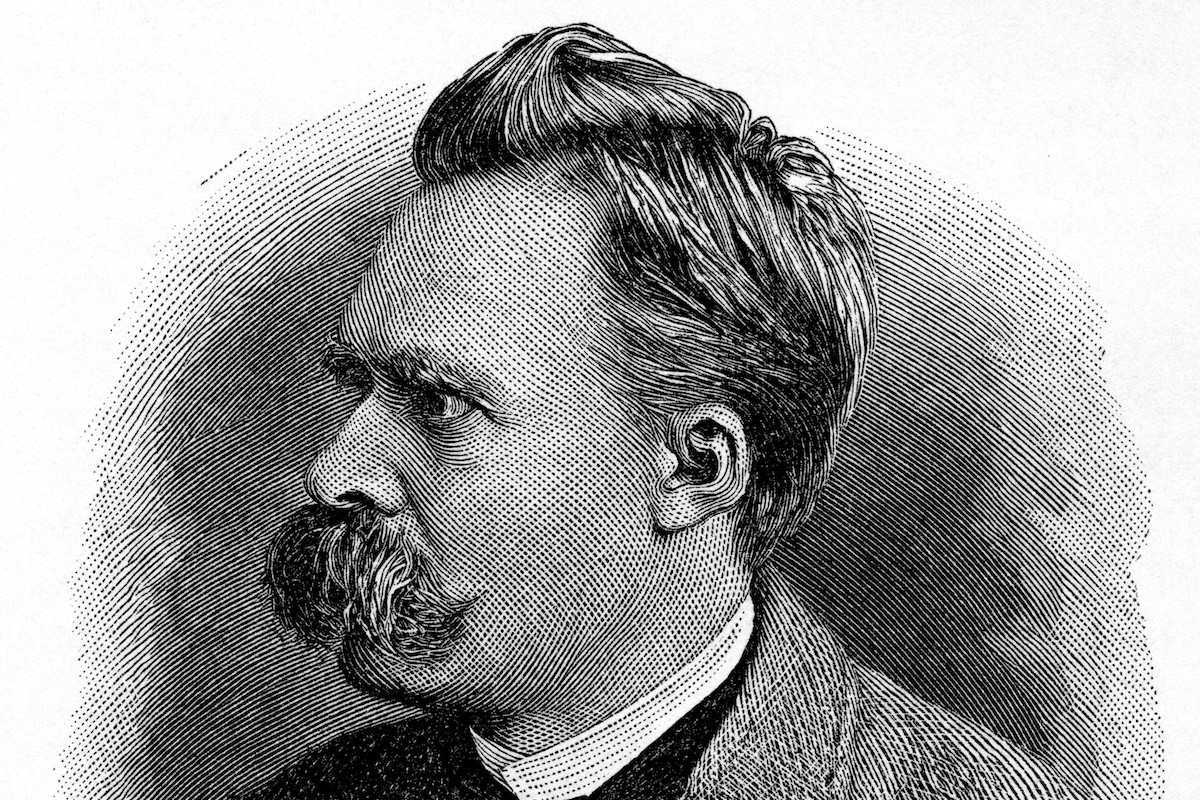What Is Nihilism? Definition and Concepts of the Philosophy
Written by MasterClass
Last updated: Oct 20, 2022 • 4 min read
Nihilism is a philosophy that rejects values and the valuation society places on people, objects, and life, and instead states that everything is meaningless.
Learn From the Best
What Is Nihilism?
Nihilism is a continental philosophy (a philosophical ideal that originated in Europe in the nineteenth and twentieth centuries) that posits that everything is meaningless. While there are multiple positions and variations on nihilism, they all work around this premise of pervasive pointlessness and no purpose to life. The word “nihilism” comes from the Latin word “nihil,” which means “the absence of anything” or “nothing.” The current version of the term nihilism comes from the German word “nihilismus,” which dates back to the eighteenth century.
Tenets of Nihilism
Although there is more than one form of nihilism, all of them discuss the human condition and its existence. Here are a few underlying principles of nihilism:
- Existence is useless. A nihilist believes there is no purpose to having values or beliefs because everything in existence is unfounded.
- There is no truth. Everything is unfounded and useless, including the truth, so there are no reasons to uphold moral principles for your own sake or the sake of anyone else.
- Everything is meaningless. Active nihilism says that since there is nothing and nothing we do matters, all things are therefore meaningless, including the meaning of life.
5 Historical Figures Associated With Nihilism
Nihilism as a philosophy became a popular topic with philosophers and thinkers alike during the nineteenth century. Some of them include:
- 1. Friedrich Jacobi (1743–1819): Buddhism first references the concept of nihilism, and Socrates even discussed the topic as well. However, the first person to coin the term nihilism was Friedrich Jacobi. He equated it to rationalism and how all rationalism will become nihilistic. Jacobi felt that this went against the concept of God.
- 2. Søren Kierkegaard (1813–1855): The nineteenth century Danish theologian Søren Kierkegaard—who many academics regard among the first existentialist philosophers—wrote about nihilism, calling it “leveling.” Kierkegaard felt that leveling was not a positive thing, because the problem of nihilism was that it meant everything was meaningless and it suppressed individuality. He felt that human life did have intrinsic meaning and therefore believed a person should avoid nihilism at all costs.
- 3. Ivan Turgenev (1818–1883): Russian nihilism became a form of political nihilism in Russia because of a cultural movement in the country from 1860–1917. The Russian Ivan Turgenev referenced nihilism in the novel Fathers and Sons, which he published in 1862. In it, the main character of the book, Yevgeny Bazarov, states that he is a nihilist and shuns all societal norms. Fathers and Sons created a movement of nihilists, who related to the topics of the book.
- 4. Friedrich Nietzsche (1844–1900): A German philosopher who lived during the nineteenth century, Friedrich Nietzsche associated nihilism and nihilistic tendencies with Western culture. His point of view on nihilism was that it took away any inherent meaning from human beings. His work often discussed Christianity and problems related to moral nihilism.
- 5. Albert Camus (1913–1960): Nihilism shares concepts and some of its highest values with absurdism. Albert Camus was a French absurdist philosopher who fled Paris during World War II and became an influential cultural icon. He once posited an existential question about life and death that either a nihilist or absurdist could answer similarly.
Nihilism and the Works of Friedrich Nietzsche
German philosopher Friedrich Nietzsche put forth many concepts related to nihilism during his lifetime. His work includes the books Die Fröhliche Wissenschaft (The Joyful Wisdom or The Gay Science in English), which contains philosophical poems and essays; and Der Wille zur Macht (The Will to Power), comprised of notes he wrote before his death. In the former title, Nietzsche discussed the death of God and famously included the statement, “God is dead.”
Academics who study the philosopher’s works feel he equated the concept of nihilism with meaninglessness and believed he felt it would eventually cause an existential threat to human society. Twentieth century German philosopher Martin Heidegger gave Nietzschean philosophy further attention through his research—he interpreted Nietzsche’s work and gave lectures about nihilism.
5 Forms of Nihilism
Since the twentieth century, there have been various takes on nihilism that put forth different perspectives. Forms of nihilism include:
- 1. Epistemological nihilism: This form of nihilism goes one step further beyond the thinking of a skeptic who questions the validity of information. In this case, nihilism states that knowledge does not exist. Alternatively, if there is knowledge in the universe, we cannot attain it, therefore it might as well not exist at all.
- 2. Ethical nihilism: Someone who considers ethical nihilism to be their moral philosophy believes that there are no ethics. Therefore, there’s no reason to hold themselves or anyone else to any ethical standards.
- 3. Existential nihilism: Here the position is that life has no meaning. Everyone everywhere, at every point, has no value to the universe. Existential nihilism overlaps with the branch of philosophy called existentialism. French philosopher Jean-Paul Sartre wrote about existential nihilism.
- 4. Passive nihilism: This philosophy of nihilism states that nihilism is its own end, and there is no reason to pursue higher values.
- 5. Political nihilism: This methodology states that nobody should hold any political views and should instead try to tear down all political institutions.
Ready to Think Deeply?
Learn what it means to think like a philosopher with the MasterClass Annual Membership. Dr. Cornel West, one of the world’s most provocative intellects, will guide you through fundamental questions about what it means to be human and how to best love your community.
